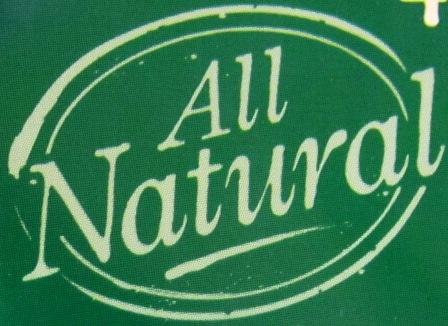
The FDA guidelines for use of the term ‘natural’ on product labels has not been updated since 1993, and despite the prevalence of recent cases against food product companies for misleading use of the word, they have yet to develop a definitive list of do’s and don’ts.
Consequently, whether or not a product is misrepresenting its ingredients is left to the discretion of a judge.
Food Navigator USA reported that a California judge ruled the class action lawsuit against AriZona Iced Teas can move forward to “seek declatory and injunctive relief, including their pursuit of a corrective advertising campaign,” but denied class certification for claims seeking monetary damages, stating that the “plaintiffs appeared to be more interested in making money than correcting the allegedly misleading labeling at issue.”
AriZona Iced Teas are among the many products under fire for ‘all-natural’ label claims. The beverages contain high-fructose corn syrup and citric acid. Citric acid, produced from certain strains of the mold Aspergillus niger is man-made, even though it falls under the category of a 'natural preservative'.
The judge's ruling noted, “Although plaintiffs describe their pursuit of monetary relief as secondary to their desire for corrective advertising and cessation of the allegedly deceptive labeling practices… based on the entire record in this case it is clear the monetary relief predominates.”
 Earlier this year, a lawsuit against another beverage brand, PepsiCo’s SoBe drinks, was dismissed. While plaintiffs argued that the beverages had fruit names when there was no real fruit in the product, FDA regulations explicitly allow manufacturers “to use the name and images of a fruit on a product’s packaging to describe the characterizing flavor of the product even where the product does not contain any of that fruit, or contains no fruit at all.”
Earlier this year, a lawsuit against another beverage brand, PepsiCo’s SoBe drinks, was dismissed. While plaintiffs argued that the beverages had fruit names when there was no real fruit in the product, FDA regulations explicitly allow manufacturers “to use the name and images of a fruit on a product’s packaging to describe the characterizing flavor of the product even where the product does not contain any of that fruit, or contains no fruit at all.”
Photo credit: mooi




